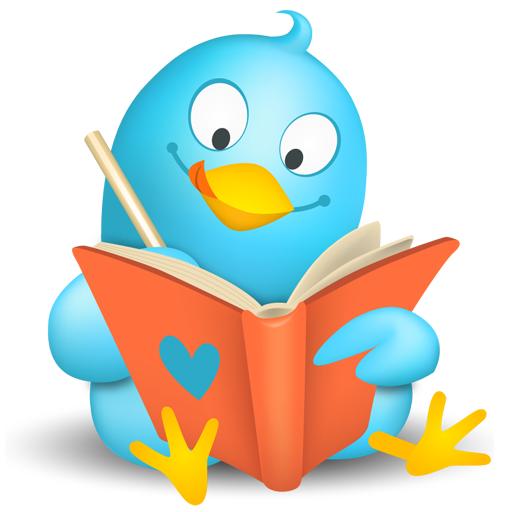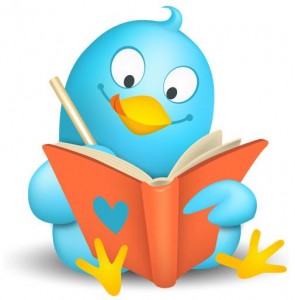 Question your questions. Your research question is the first step to putting your ideas into action. The process involves forming viable research questions that address what interests you, indicate a trajectory for your research, and make a contribution to the field. Yet the first questions you articulate may not be the final questions you answer. Throughout your research, be sure to question your questions. Are you asking the best questions? Might your research take a novel approach if you ask it another way? Does your question have an easy answer? Does it get you where you want to go?
Question your questions. Your research question is the first step to putting your ideas into action. The process involves forming viable research questions that address what interests you, indicate a trajectory for your research, and make a contribution to the field. Yet the first questions you articulate may not be the final questions you answer. Throughout your research, be sure to question your questions. Are you asking the best questions? Might your research take a novel approach if you ask it another way? Does your question have an easy answer? Does it get you where you want to go?












